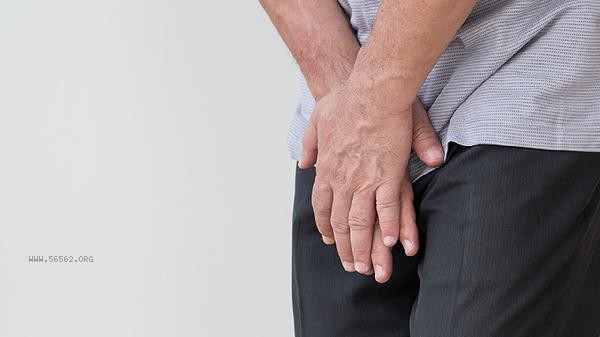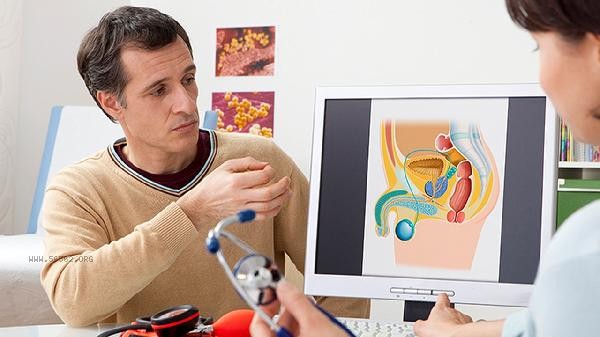Urethral pain during urination may be caused by urethritis, urinary tract infections, urinary stones, prostatitis, urethral injuries, etc. It can be relieved by drinking more water, medication, physical therapy, and other methods. It is recommended to seek medical attention promptly to identify the cause and avoid delaying treatment.

1. Urethritis
Urethritis is often caused by bacterial infections, and common pathogens include Escherichia coli, Neisseria gonorrhoeae, etc. The typical manifestation is a burning sensation during urination, which may be accompanied by an increase in urethral discharge. Treatment can follow the doctor's advice to use antibiotics such as levofloxacin hydrochloride tablets and cefixime dispersible tablets, while keeping the perineum clean. Sexual activity should be avoided during the acute phase to prevent cross infection.
2. Urinary tract infection
When the bladder or kidney is infected, inflammatory stimulation can radiate to the urethra, causing pain. May be accompanied by symptoms such as frequent urination, urgency, and cloudy urine. Diagnosis requires a urine routine examination, and commonly used medications for treatment include phosphomycin tromethamine powder, furantoin enteric coated tablets, etc. Daily attention should be paid to drinking at least 2000 milliliters of water and avoiding holding urine.
3. Urinary tract stones
Scratching the urethral mucosa during stone movement can cause sharp pain, which is often paroxysmal. Smaller stones can be expelled by drinking plenty of water, while larger stones require extracorporeal shock wave lithotripsy. Emergency treatment is required when hematuria or severe back pain occurs, and diclofenac sodium suppositories can be used in combination to relieve pain.

4. Prostatitis
Male patients may experience pain in the urethra due to congestion of the prostate gland, with obvious symptoms upon waking up in the morning. Chronic prostatitis can be treated with sustained-release capsules of tamsulosin hydrochloride combined with warm water sitz baths, while acute attacks require intravenous injection of antibiotics. It is advisable to avoid prolonged use of bicycles in daily life. Regular ejaculation can help alleviate inflammation.
5. Urethral injury
Improper catheterization, sexual behavior, or foreign body invasion may lead to urethral mucosal damage. Manifested as tearing pain during urination, and in severe cases, urethral bleeding may occur. Mild injuries can self heal through rest, while severe lacerations require indwelling catheterization. Sexual activity should be prohibited during the recovery period, and potassium permanganate solution should be used for sitz bath disinfection.

If urinary pain occurs, the time, cause, and accompanying symptoms should be recorded, and a detailed medical history should be provided when seeking medical attention. Maintain a light diet during treatment, avoid spicy and stimulating foods, and wash the external genitalia with warm water daily. It is recommended to wear breathable cotton underwear to avoid aggravating discomfort caused by intense exercise. If the pain persists for more than 3 days or symptoms such as fever and hematuria occur, immediate follow-up should be sought.









Comments (0)
Leave a Comment
No comments yet
Be the first to share your thoughts!